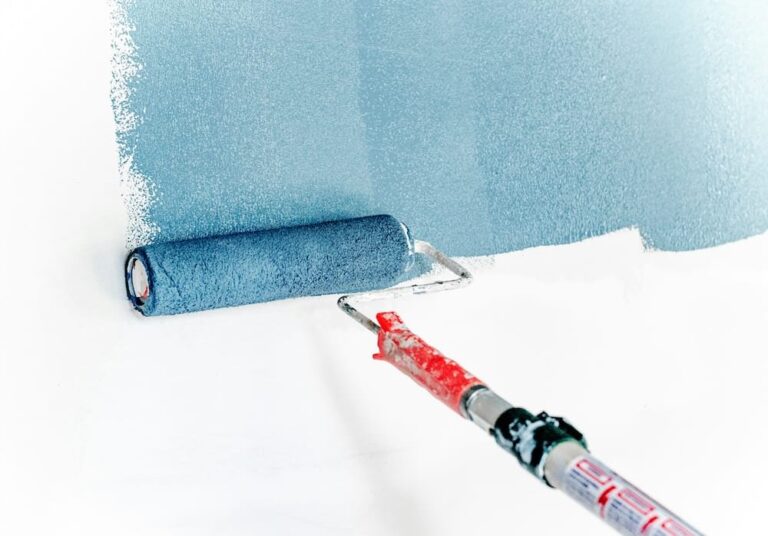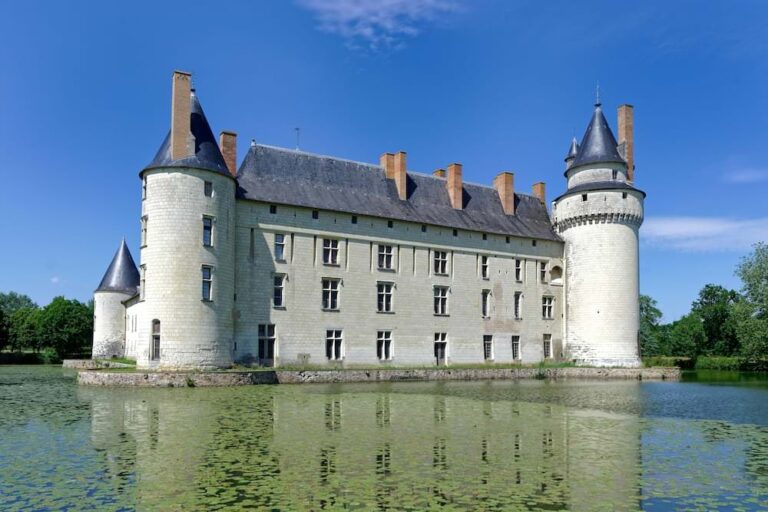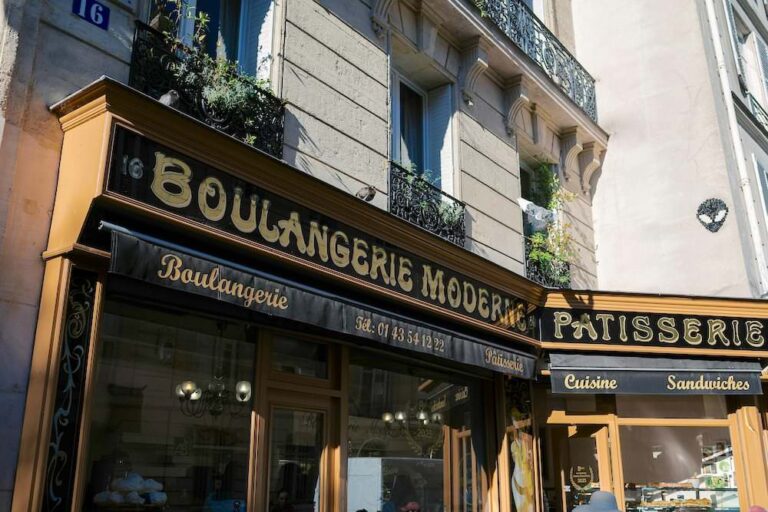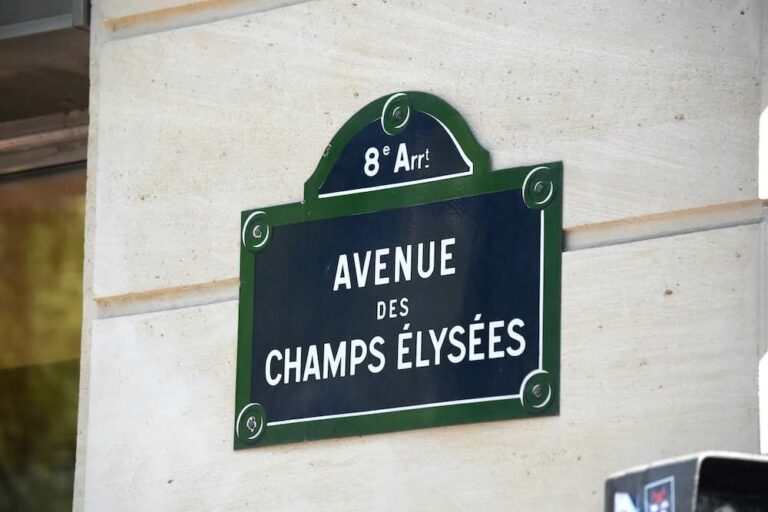pourquoi faire ?
The phrase pourquoi faire is a common expression in French that translates literally to “why do” or “why make,” but its actual meaning depends on context. It is usually used to ask about the purpose of something, and it often carries a tone of skepticism or doubt. In some contexts, it can sound rhetorical or…









